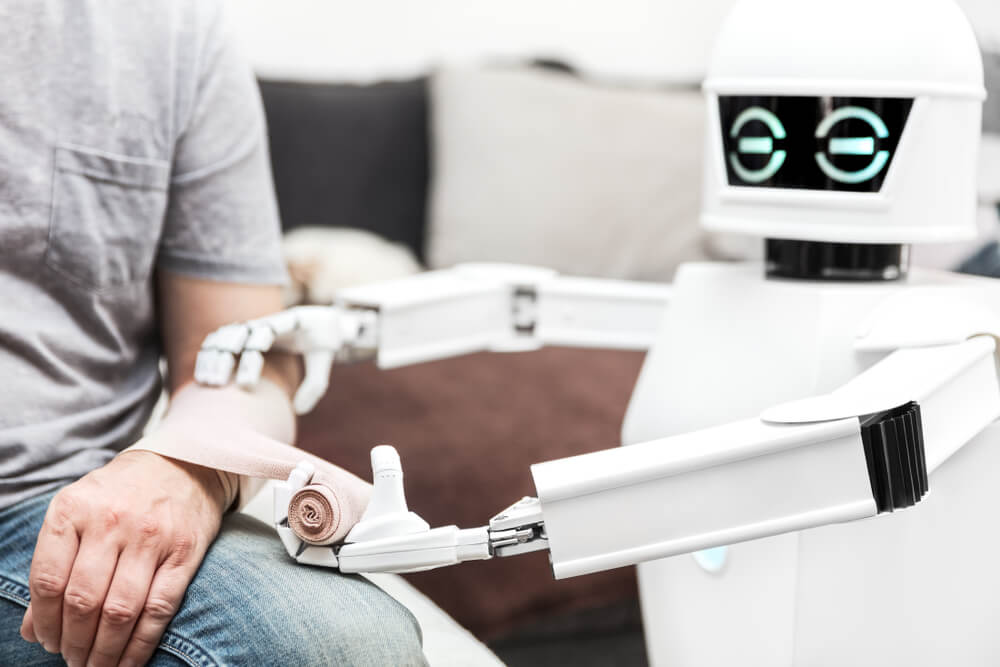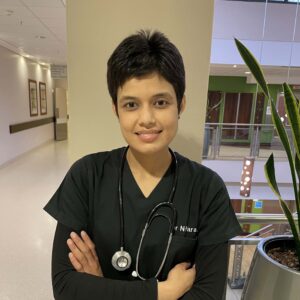Embracing Traditional Healing in South Africa
South Africa’s cultural diversity is deeply reflected in its array of traditional healing practices. With indigenous knowledge, spiritual rituals, and herbal remedies, traditional healing is integral to the lives of many South Africans, especially in rural and underserved communities where traditional healers—also known as sangomas, herbalists, or inyangas—play a crucial role. Around 65-80% of South Africans consult traditional healers for initial medical advice, highlighting their importance in the healthcare system.
The Traditional Healers Organisation (THO) serves as a bridge between traditional healing and mainstream healthcare, preserving indigenous healing while promoting collaboration. Furthermore, the Traditional Health Practitioners Act of 2007 established the Interim Traditional Health Practitioners Council of South Africa (THPCSA) to regulate and oversee traditional health practitioners, supporting a more standardized and safe approach.
To learn more about the balance between modern and traditional approaches in professional realms, explore the difference between online and traditional MBA degrees and the impact of ethics and AI in education.
The Role of AI in Preserving Traditional Medicine
Traditional healing originated in pre-scientific societies, while artificial intelligence (AI) stems from modern computational science. Yet, this stark contrast presents an exciting opportunity to integrate AI into traditional healing, enhancing South African healthcare by both preserving indigenous knowledge and leveraging advanced technologies.
Some potential contributions of AI to traditional healing include:
1. Knowledge Preservation and Digitisation
Traditional knowledge, often passed down orally, risks being lost over generations. AI, particularly Natural Language Processing (NLP), can document and transcribe this wisdom into written records. By creating a digital repository of traditional practices, AI ensures that ancestral wisdom remains accessible to future generations and researchers. For insights on the broader role of AI in South African innovation, read about unlocking AI’s potential in South Africa.
2. Diagnostic Support for Healers
AI-powered diagnostic tools can analyze symptoms, patient histories, and traditional diagnostic methods, helping traditional healers make informed decisions. Machine learning algorithms can identify patterns in patient data, offering a valuable perspective on common health issues that align with traditional diagnostic approaches.
3. Herbal Medicine Research
AI databases can identify medicinal properties, interactions, and proper dosages for various herbs used by traditional healers. This evidence-based approach not only aids healers but also enhances patient safety and effectiveness in herbal medicine practices. By blending scientific data with traditional knowledge, herbal medicine can evolve without losing its cultural roots.
For a broader view of ethical AI applications, consider the impact of AI on fields like human resource management and its intersection with ethics, as discussed in The Interaction Between Human Resource Management and Artificial Intelligence.
Bridging Cultural Beliefs and Modern Technology
Integrating AI into traditional healing requires cultural sensitivity. Traditional medicine in South Africa intertwines with spiritual beliefs, historical values, and unique healing customs. This sensitivity is essential to ensure community acceptance and effective implementation of AI solutions in traditional healthcare.
AI-Enhanced Remote Consultations and Education
AI-enabled platforms can provide remote consultations for patients unable to visit healers in person, making traditional healthcare more accessible. Additionally, these platforms can serve as educational resources, helping to share traditional healing knowledge with a wider audience while respecting cultural contexts.
mHealth Apps for Traditional Birth Attendants (TBAs)
Mobile health (mHealth) applications are particularly helpful for traditional birth attendants (TBAs), who are essential in rural maternal care. These apps integrate traditional practices with modern maternal healthcare, supporting safe deliveries in areas with limited healthcare infrastructure.
Building a Unified Healthcare System Through Collaboration
Collaboration between traditional and modern medicine can bring significant benefits to patients, creating a more holistic healthcare system. AI can act as a bridge between these diverse practices, helping practitioners from both fields to share insights and work together toward a common goal of enhanced patient care.
For a deeper exploration into the collaborative nature of heritage and innovation, check out From Tradition to Innovation: Celebrating Heritage Through Commerce and Law.
Conclusion: Preserving Heritage Through AI
In South Africa, the integration of AI into traditional medicine offers a unique chance to preserve indigenous heritage while advancing healthcare standards. By documenting ancestral knowledge, supporting healers with diagnostic tools, and fostering collaboration with Western medicine, AI ensures that traditional healing remains a vital, respected part of the healthcare landscape.
Frequently Asked Questions (FAQs)
1. What role does AI play in traditional medicine in South Africa?
AI supports traditional medicine by preserving oral knowledge, aiding in diagnostics, researching herbal medicine, and facilitating remote consultations, thereby enhancing traditional healthcare practices.
2. How does traditional healing differ from modern medicine?
Traditional healing often focuses on holistic approaches, spirituality, and community-centered care, while modern medicine typically emphasizes scientific methodologies and standardized treatments.
3. Can AI replace traditional healers in South Africa?
No, AI is not meant to replace traditional healers. It serves as a supportive tool, enhancing their practices by providing knowledge, diagnostic support, and resources to preserve indigenous wisdom.
4. Is AI culturally sensitive in the context of traditional healing?
Successful AI integration requires cultural sensitivity, ensuring that technologies respect and incorporate traditional beliefs and values. Collaboration with traditional healers is essential to this process.
5. How can AI improve the safety of traditional medicine?
AI can help ensure safety by researching medicinal properties and dosages of herbs, providing diagnostic support, and promoting standardized practices, thus aligning traditional healing with modern safety standards.


